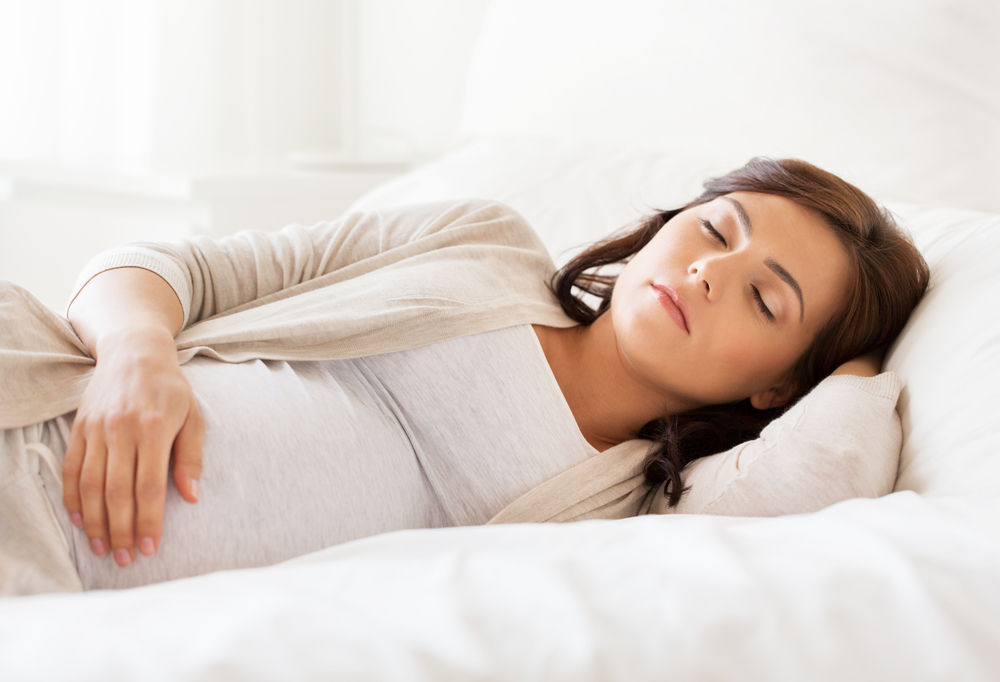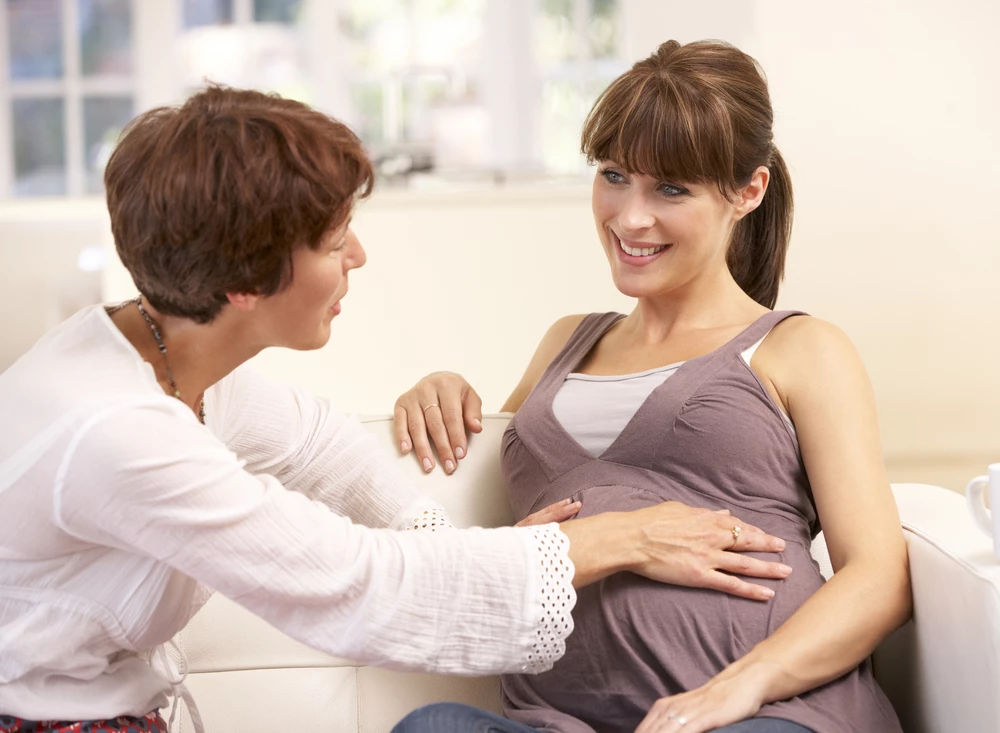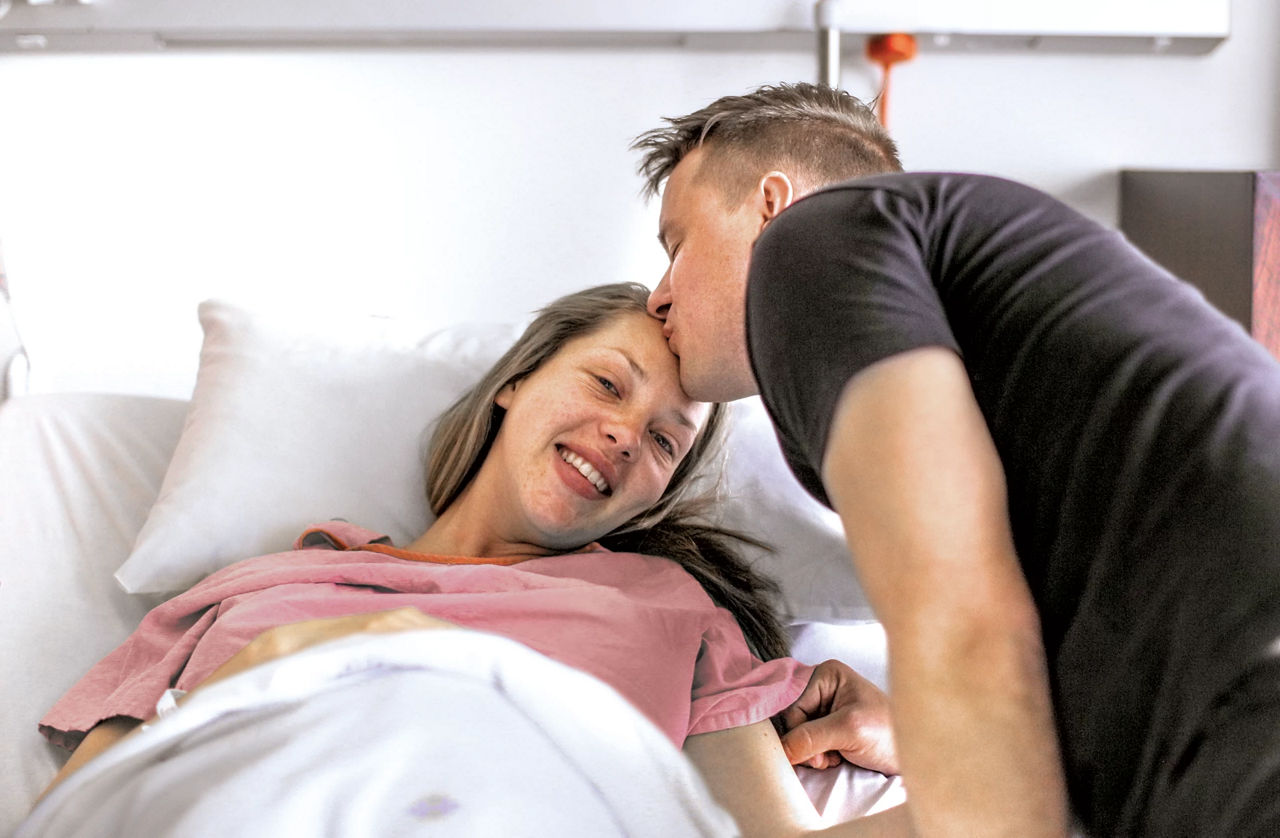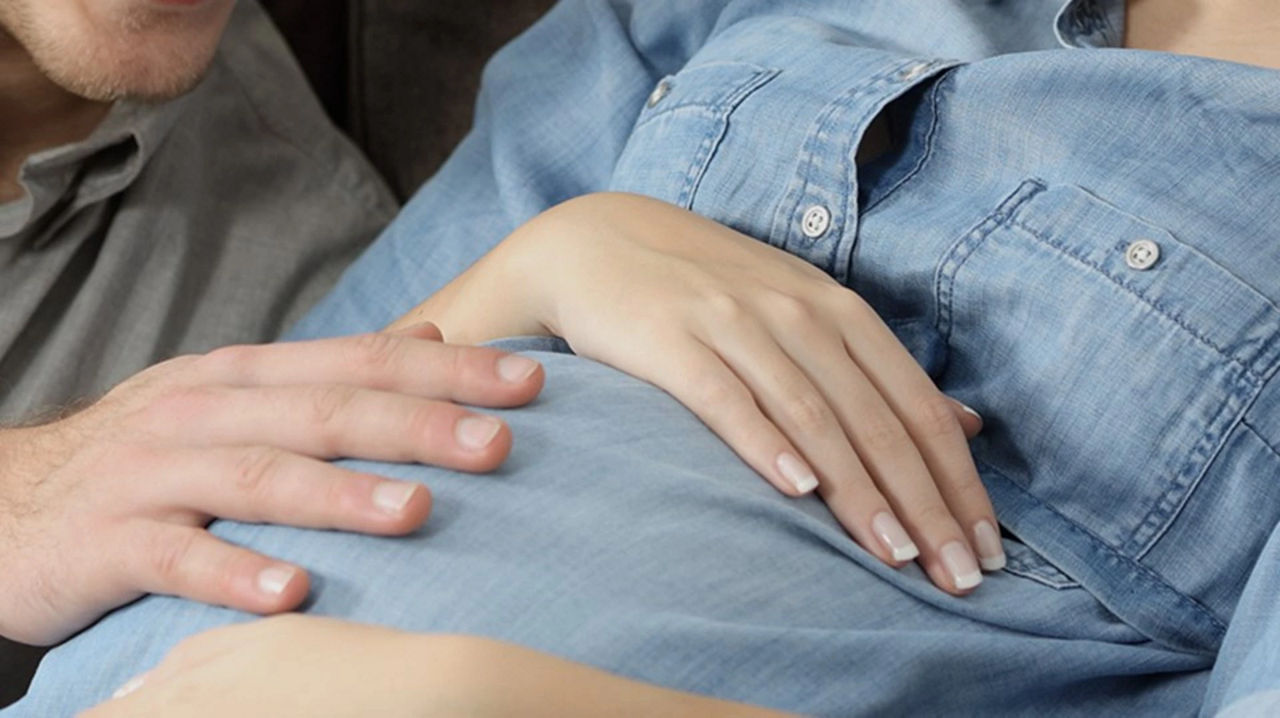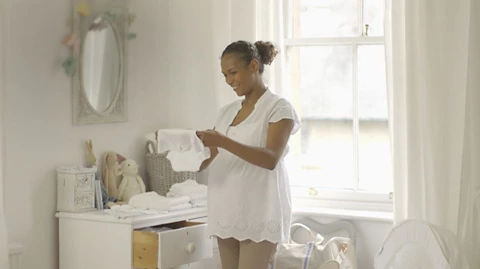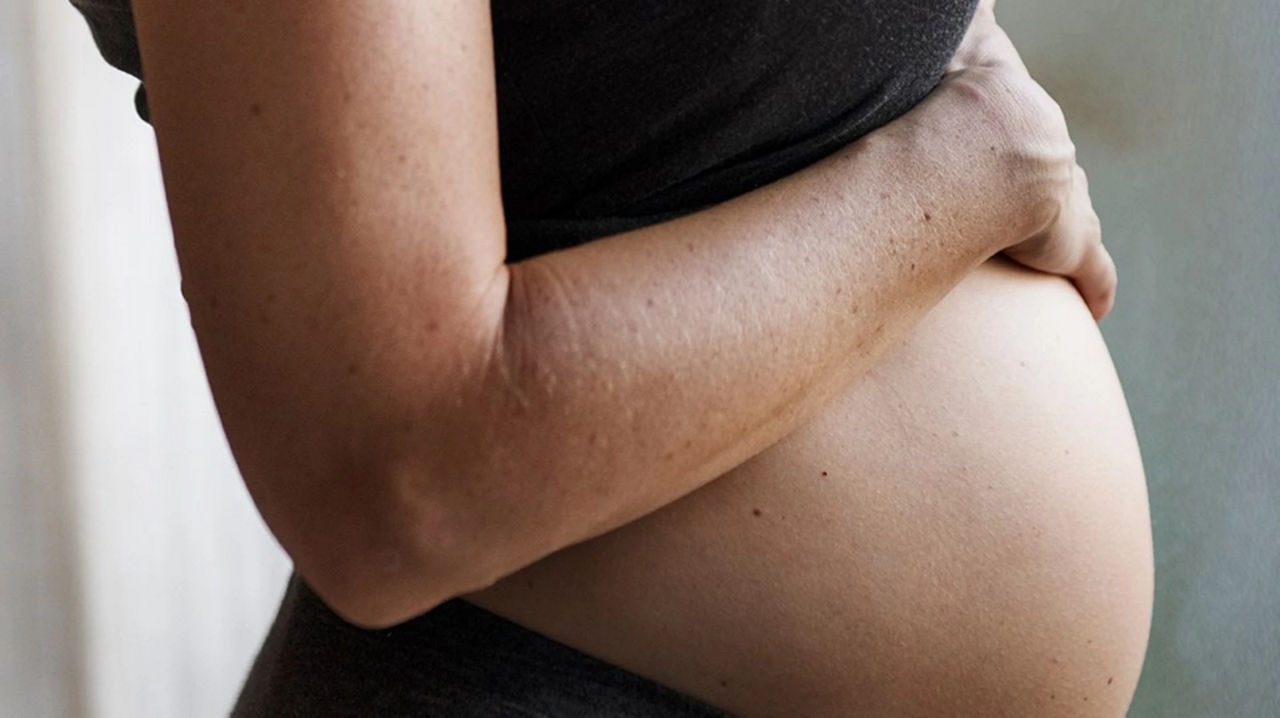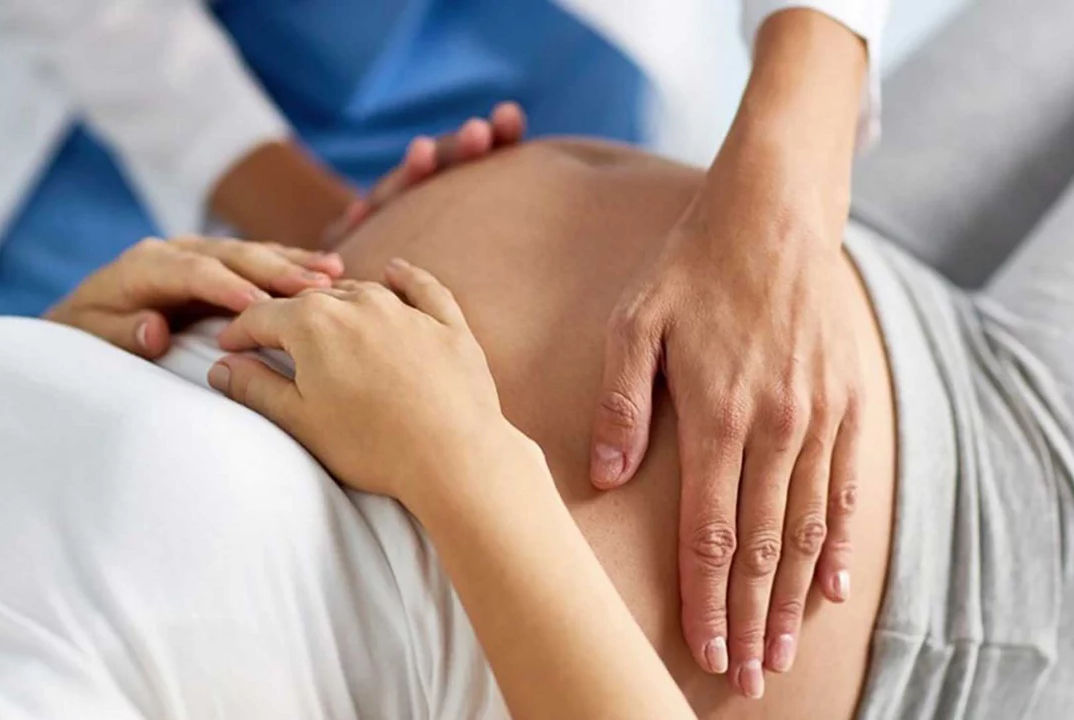Having a trusted birth partner with you throughout your labour can make a significant difference to your experience of labour and birth1.
Birth partners provide familiarity and support in the unfamiliar surroundings of the hospital, and in the current times, when coronavirus is heightening anxiety, having the support and reassurance of someone you know and trust is more important than ever.
However, rules around social distancing and restrictions on the number of people permitted into hospitals during the ongoing pandemic are affecting standard protocol.
Find out how coronavirus might affect who supports you in hospital, rules for birth partners who have tested positive for Covid-19, and get the latest advice for birth partners during the coronavirus outbreak.
